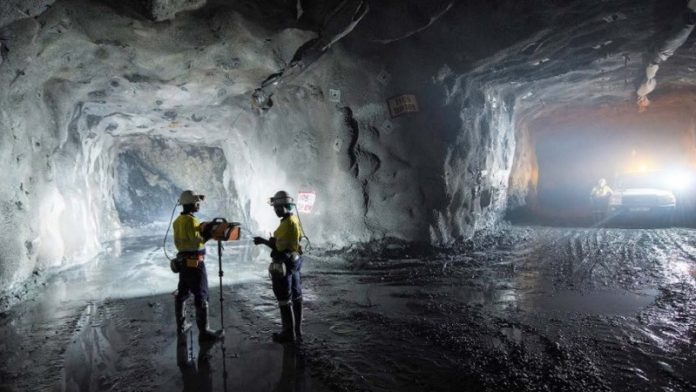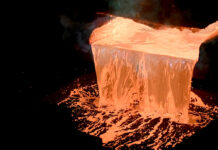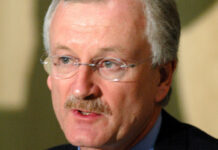
RESOLUTE Mining said on Monday uncertain relations with Mali was preventing it from investing as much as $500m in a potential tripling of the size of its Syama mine.
“It would be very difficult to commit to that sort of cash at this stage until we have better stability within the government,” said Christopher Eger, CEO of Resolute who added that the group’s flagship Syama mine “should be a business that’s three times bigger”.
In November, Mali government officials detained Resolute’s former CEO Terry Holohan for about 10 days amid demands the company pay outstanding taxes in order to comply with the 2023 Mining Code. Resolute alleged at the time that the tax bill was unsubstantiated.
In the end, Resolute agreed to adopt the new mining code and pay Mali $160m in two installments. In February Holohan decided to resign from the company. Eger was previously the firm’s CFO having joined in 2023.
Eger said Resolute had not legally adopted the 2023 Mining Code as yet, but was meeting certain of its requirements related to income taxes and royalty payments because these elements had not been part of a stabilisation clause in the previous code.
The first meeting between Resolute and the Mali government about implementing the new code had taken place in April. It had been “positive”, but the company remained “cautious”, said Eger.
“The approach we’re taking [with the Mali government] is continue to generate cash and gold from the asset [Syama], but without deploying any future discretionary capital until we know more.
“We need to properly convert to the new mining code, and we’re happy to do that, but we need to have continued engagement. And like I said, it hasn’t been at all hostile or aggressive this year, which is a good positive sign, but considering what happened last year, anything could happen or could change.”
Syama produced 48,200 ounces in the first quarter putting Resolute on track for full year production of between 275,000 to 300,000 oz. This includes production from Mako, a mine in Senegal which will convert to surface mining in the third quarter.
Eger said the company was working on replacement mining at Mako while it worked through stockpiles. There were two projects in the vicinity of Mako that stood out: Tomboronkoto and Bantaco, with the latter potentially favoured given its shorter lead time.
In May, Resolute announced it had bought the Doropo and ‘ABC’ projects in Côte d’Ivoire from AngloGold Ashanti for $150m in cash and a third asset, the 400,000 oz Mansala prospect in Guinea, next to AngloGold’s Siguri mine.
Balance sheet rebuild
Despite paying Mali $160m, Resolute had rebuilt its net cash position. Based on free cash flow generation of between $30m to $40m per quarter, the company should have $200m of net cash by year-end from about $100m as of the first quarter end. It was debt-free.
The company was also owed $70m in VAT refunds from Mali and could net a further $50m were its former operating mine in Australian, Ravenswood, sold as per a prior agreement. Eger said Resolute could comfortably conclude the Doropo deal and set about talks on financing its preproduction capital, estimated to be in the “”low 400ms” of dollars.
Doropo was scoped by Centamin, a UK-listed firm acquired by AngloGold last year, to produce an average of 167,000 ounces of gold a year at an average all-in sustaining cost of $1,047/oz over ten years – well below Resolute’s first quarter AISC of $1,708/oz.
Assuming Syama continues at its current clip, and production from Senegal is sustained, Resolute could become a 500,000 oz/year gold producer by 2028/29, said Eger.
“We have a tangible pipeline … and that’s our strategy. And then we’re going to continue to look elsewhere to see if it makes sense to add something in another geography. I’m happy with Ghana, Guinea, Senegal. I’ll say we have a big presence in Mali,” he said.










